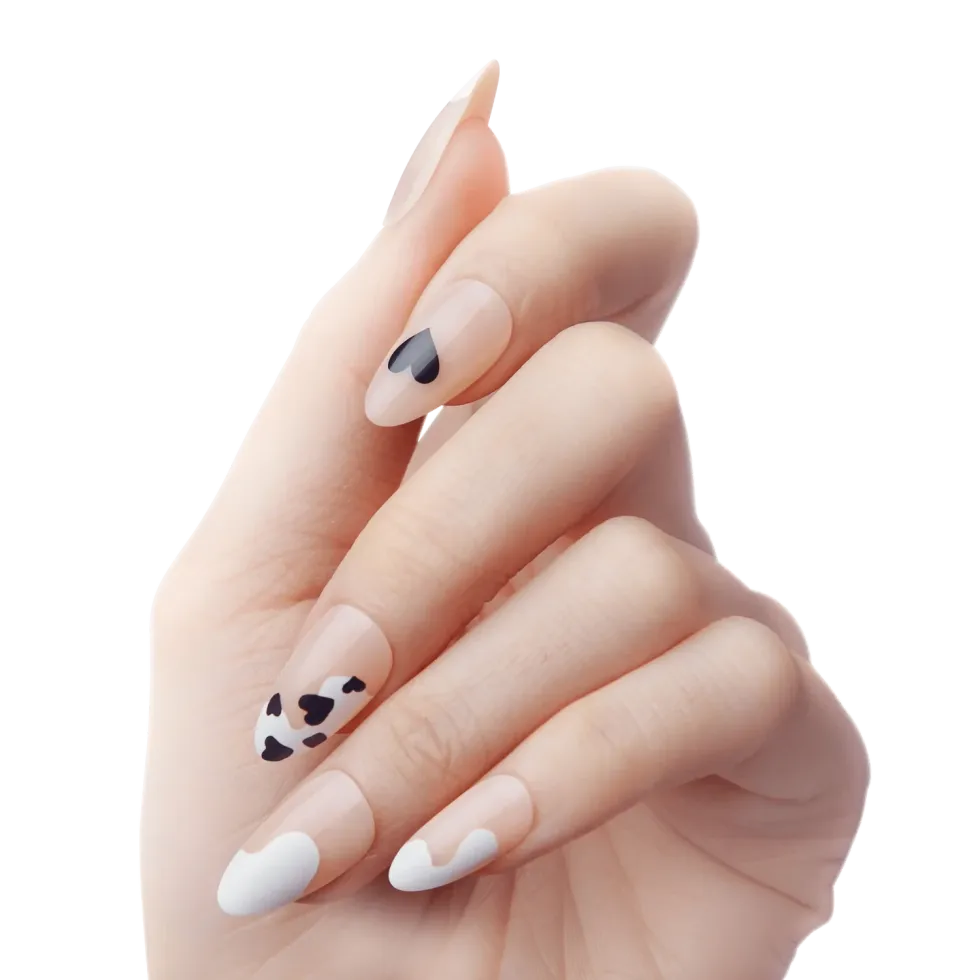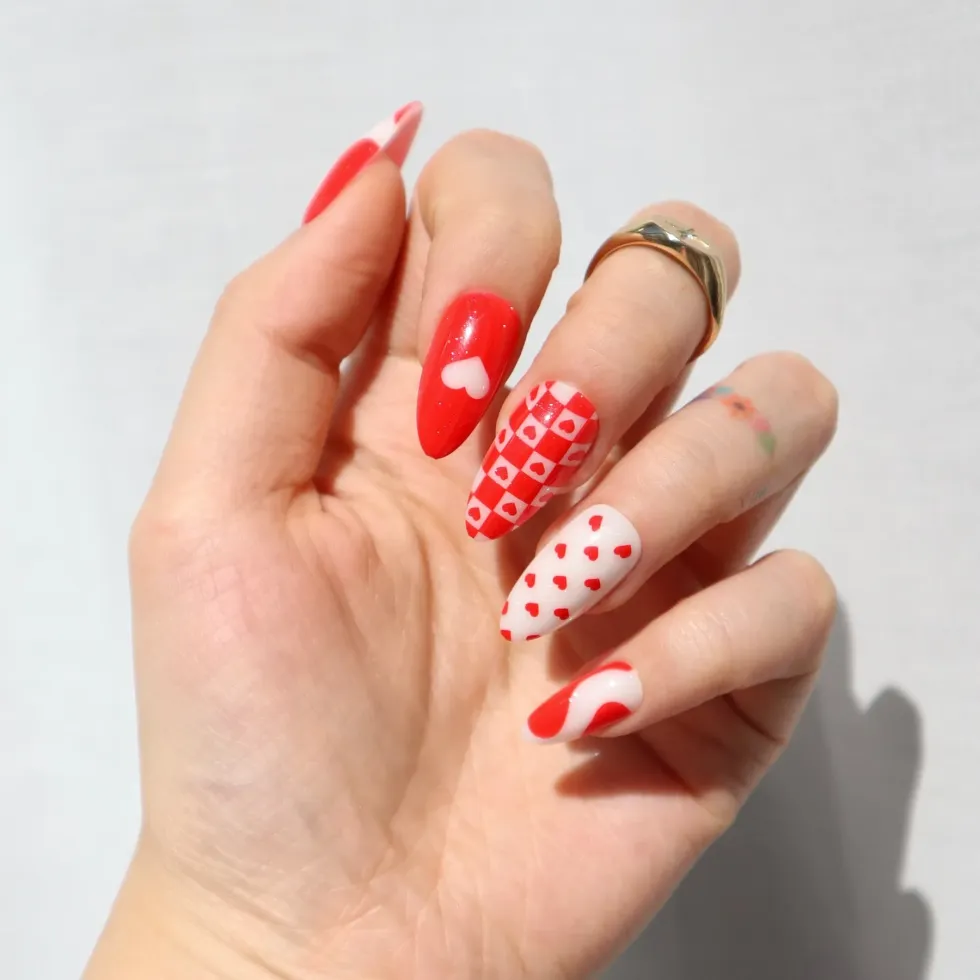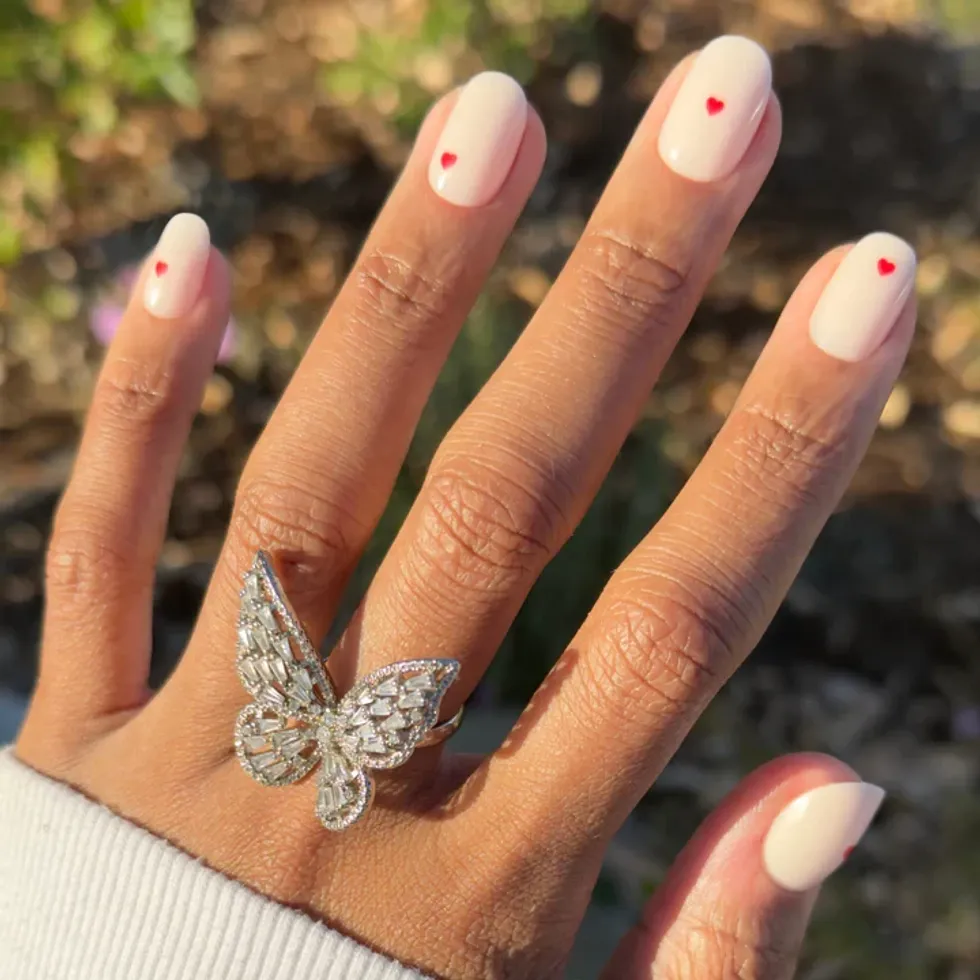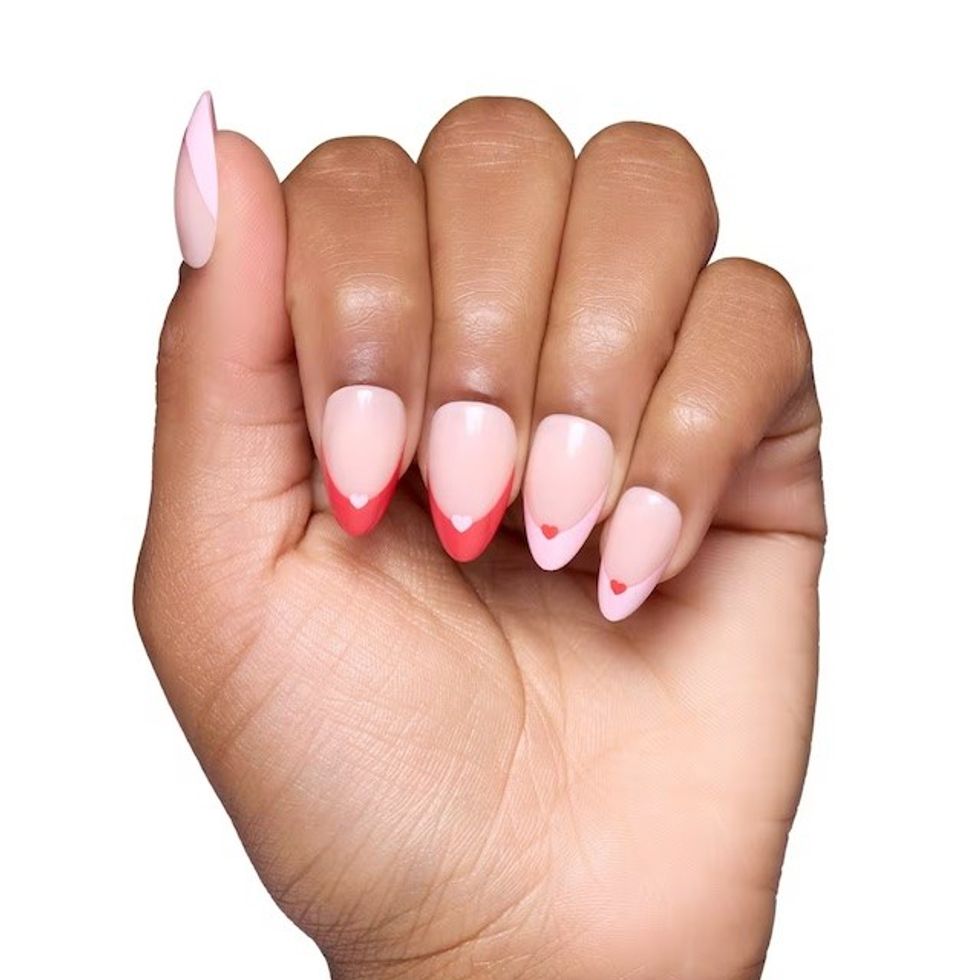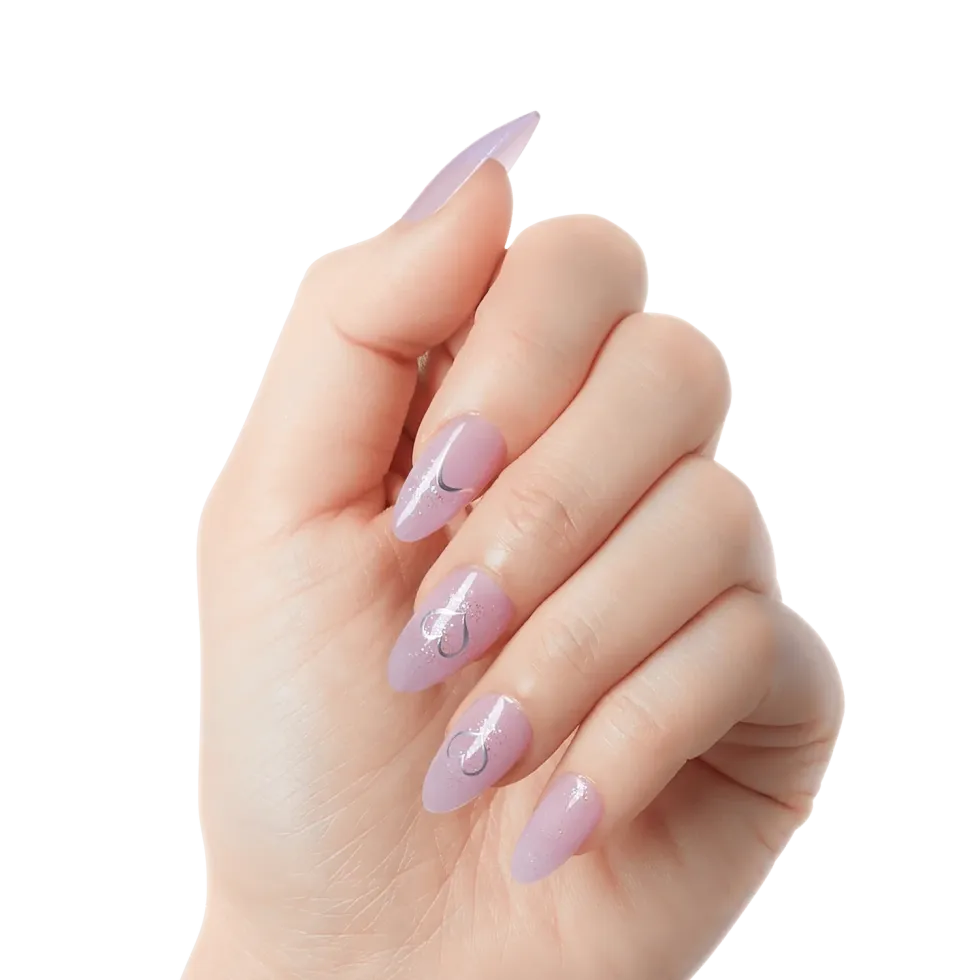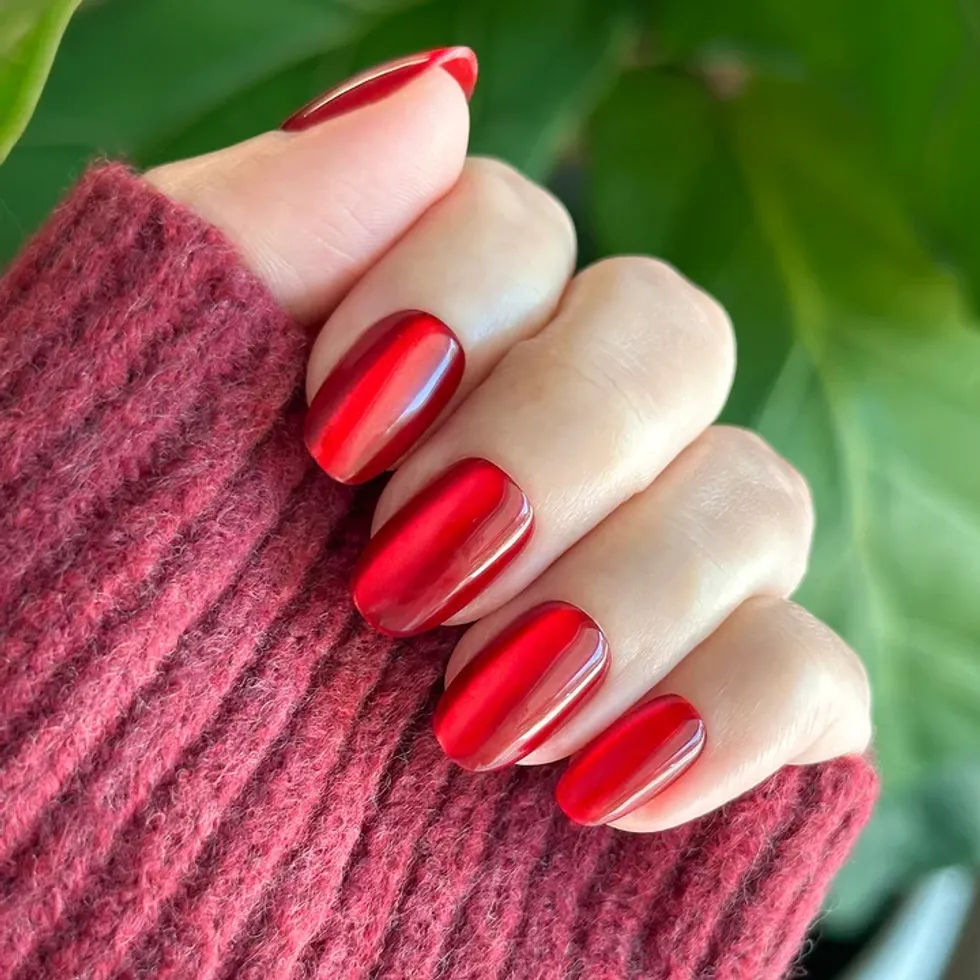It leaves a tiny carbon footprint.
Nike Unveils “Unicorn” Leather With an Eco-Friendly Angle
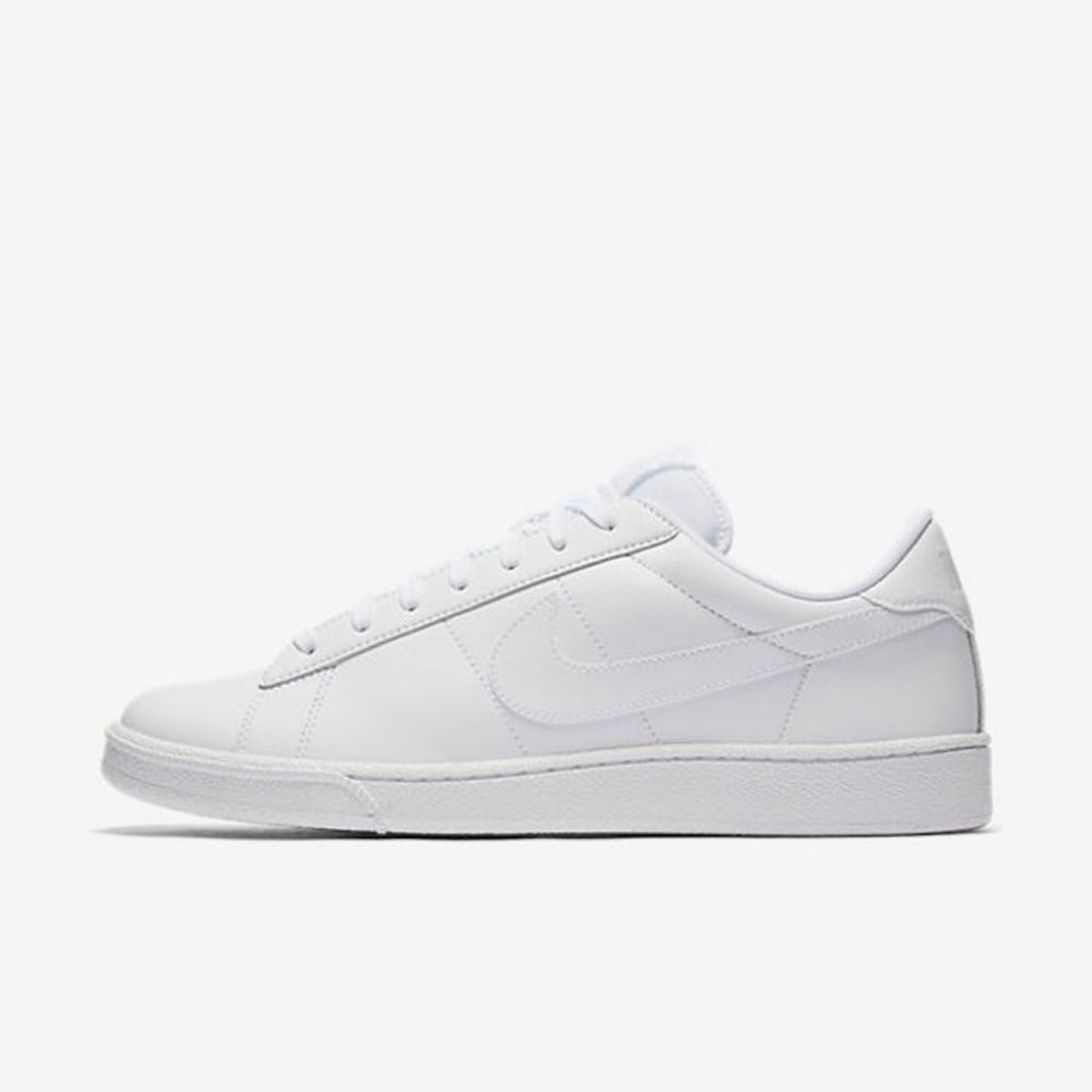
Since Nike’s Flyknit material came out in 2012, the lightweight, high-performance material has taken the athleisure world (and athletes’ feet and that other famed footwear company) by storm. Now, the athletic apparel giant is back at it with another new material that we don’t often see in performance gear.
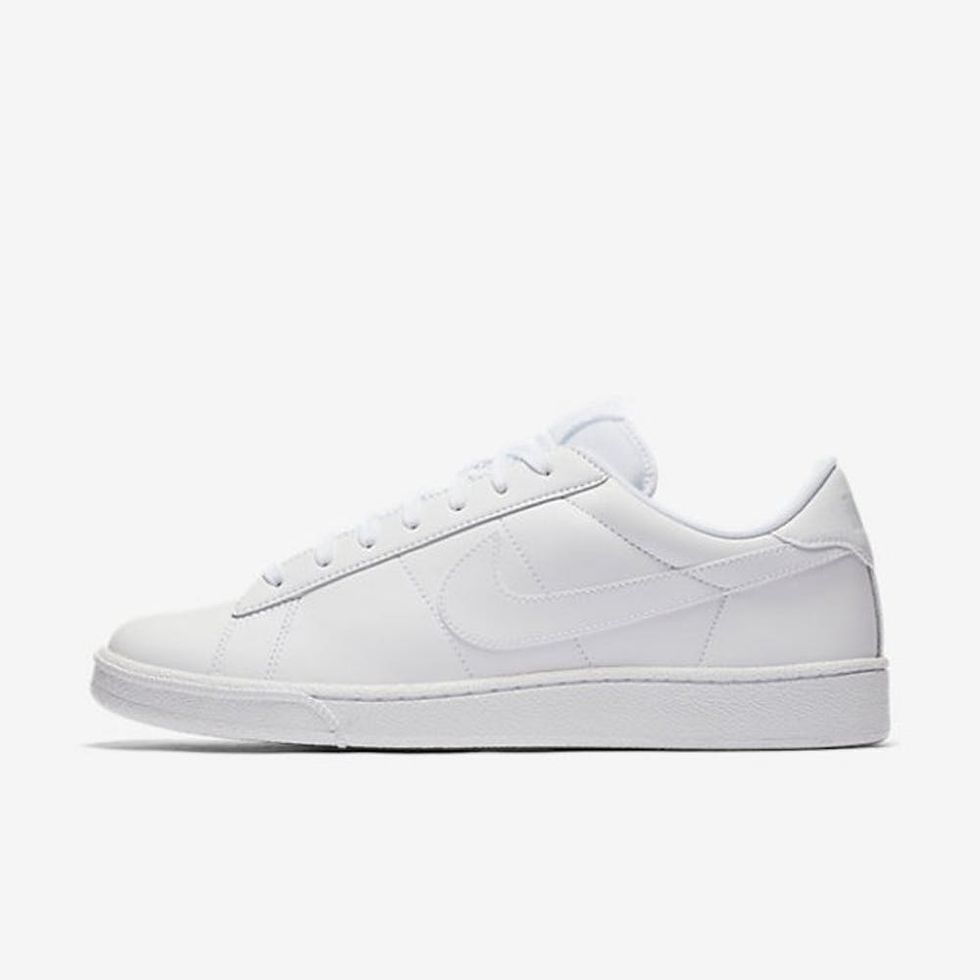
Called Flyleather, the new creation is what Hannah Jones, Nike’s Chief Sustainability Officer and Vice President of their Innovation Accelerator, says would be their “unicorn,” if they were a startup, because the leather is so innovative AND eco-friendly. It’s part of the company’s initiative to “double [its] business while halving its environmental impact,” she told Teen Vogue.
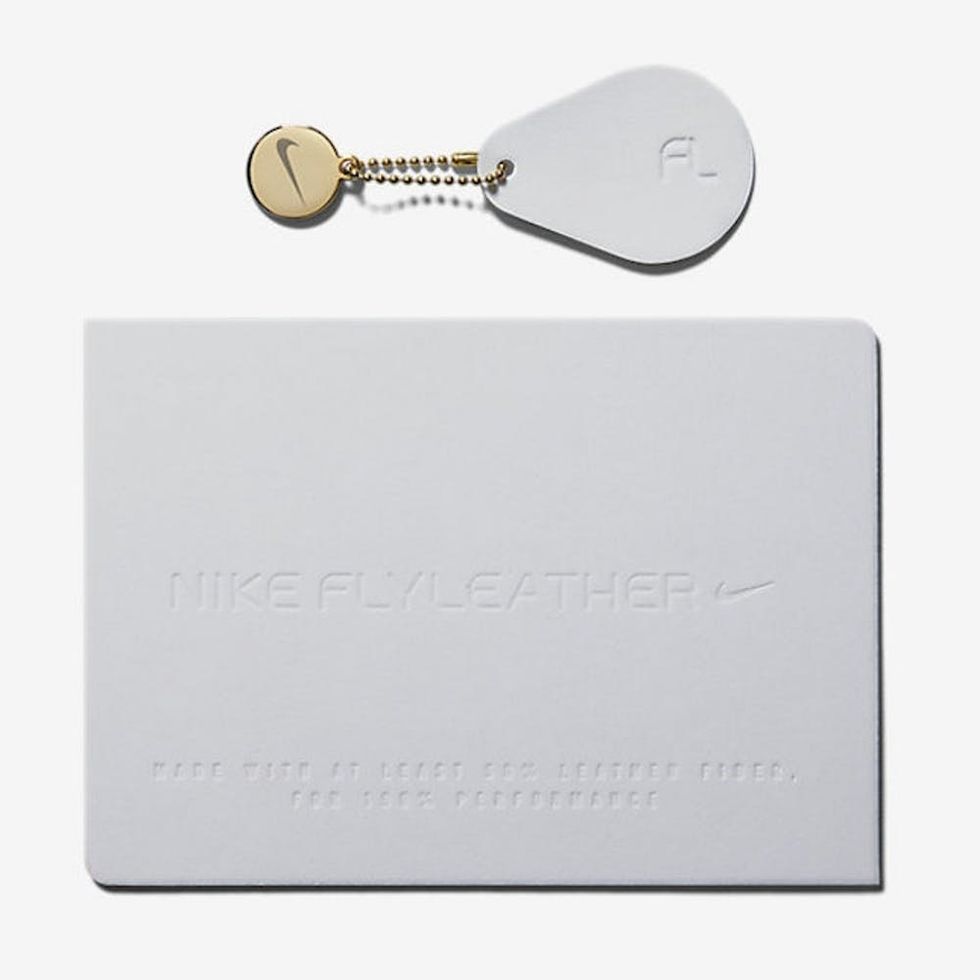
Flyleather is made by taking real leather and grinding it down, liquefying it, and rolling it into flat sheets so that it can be cut into the shapes necessary for building different styles. This process means that the entire animal hide can be used, instead of just the parts that don’t have imperfections or scars, which would normally be thrown away. It also means that any leftover scraps can just be ground back down and put through the whole process again, eliminating waste and creating a closed loop system.
All in all, Flyleather uses 90 percent less water and reduces the carbon footprint by 80 percent compared to regular leather. The fabric also happens to be lighter and five times stronger, meaning it can be used to create higher quality shoes for athletes.
You can currently only buy the Tennis Classic ($85) in Flyleather, but other styles including the Air Force 1 ($90), Air Max 90 ($70), Cortez ($75), and Jordan 1 ($120) will be offered in Flyleather versions soon.
What do you think of Nike’s new material? Tell us @BritandCo!
(Photos via Nike)





























